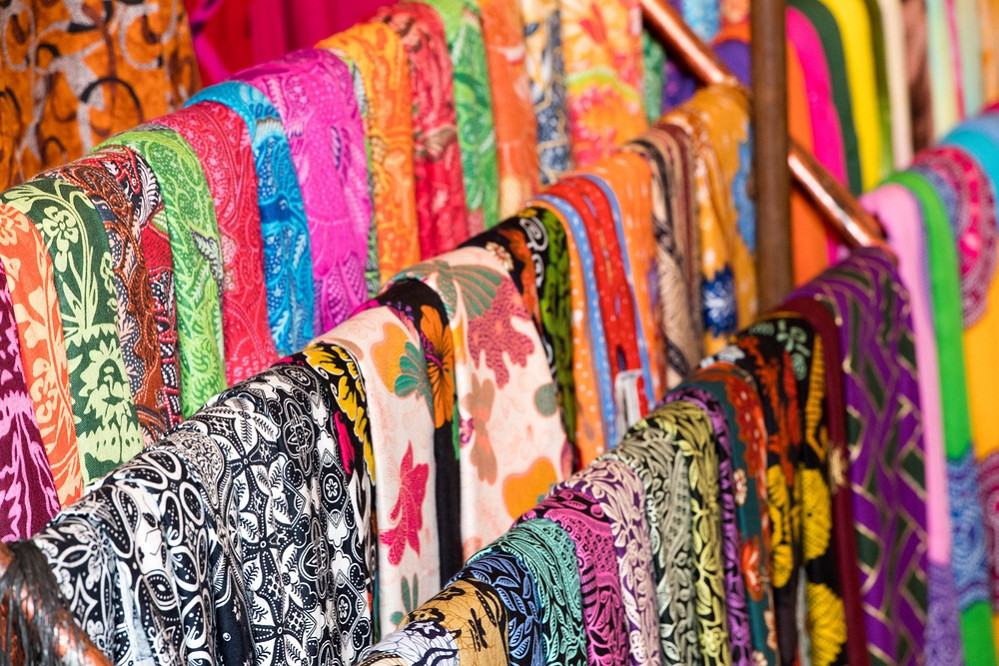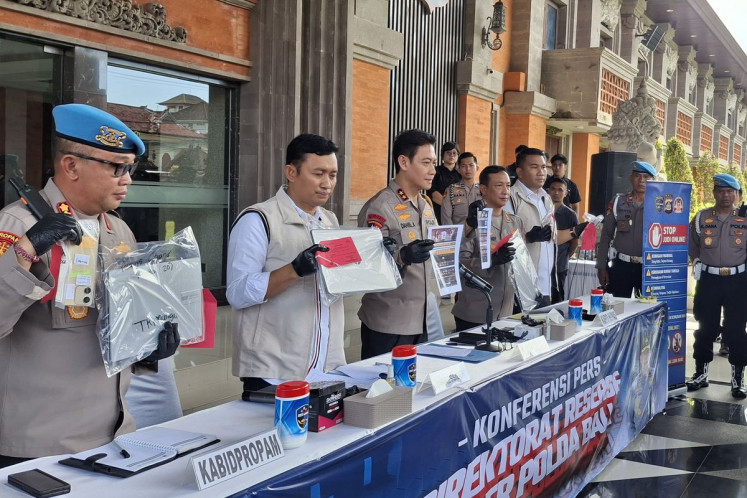Popular Reads
Top Results
Can't find what you're looking for?
View all search resultsPopular Reads
Top Results
Can't find what you're looking for?
View all search resultsIndonesia increasingly reliant on imported silkworms: Researcher
About 70 to 80 percent of silk thread production in the country is centered in Wajo regency, South Sulawesi, well known for its remarkable Sengkang woven fabric.
Change text size
Gift Premium Articles
to Anyone
Indonesia’s production of natural silk is on the decline as producers find it difficult to get local supplies of silkworm cocoons.
Zoologist Lincah Andadari, a researcher from the National Research and Innovation Agency (BRIN), said on Friday that producers are increasingly relying on silkworm cocoons from mainland China.
Lincah said Indonesia had the potential to develop its natural silk industry, with 70 to 80 percent of silk thread production in the country centered on Wajo regency, South Sulawesi, famous for its Sengkang woven fabric.
“However, domestic production of silk has long been on the decline,” Lincah said on Friday, due to the unavailability of domestic silkworm hybrids as the state-owned forestry firm Perhutani has not produced silkworm hybrids since 2010.
Most of the imported silkworm cocoons from China are from the species Bombyx mori, which prefers to eat mulberry leaves, a plant native to China.
Lincah went on to say that domestic silkworm hybrids only made up about 5 percent of the total national demand for silk fabrics of about 2,000 tonnes of raw silk thread and around 2,500 tonnes of woven silk fabric.
She said the government should revitalize Indonesia’s natural silkworm industry by helping to provide quality silkworm cocoons.
Lincah said that to do so would require collaboration between BRIN and universities to help produce quality mulberry trees and silkworm cocoons that can survive the tropical climate, as well as technical assistance to silkworm producers. (ami)











